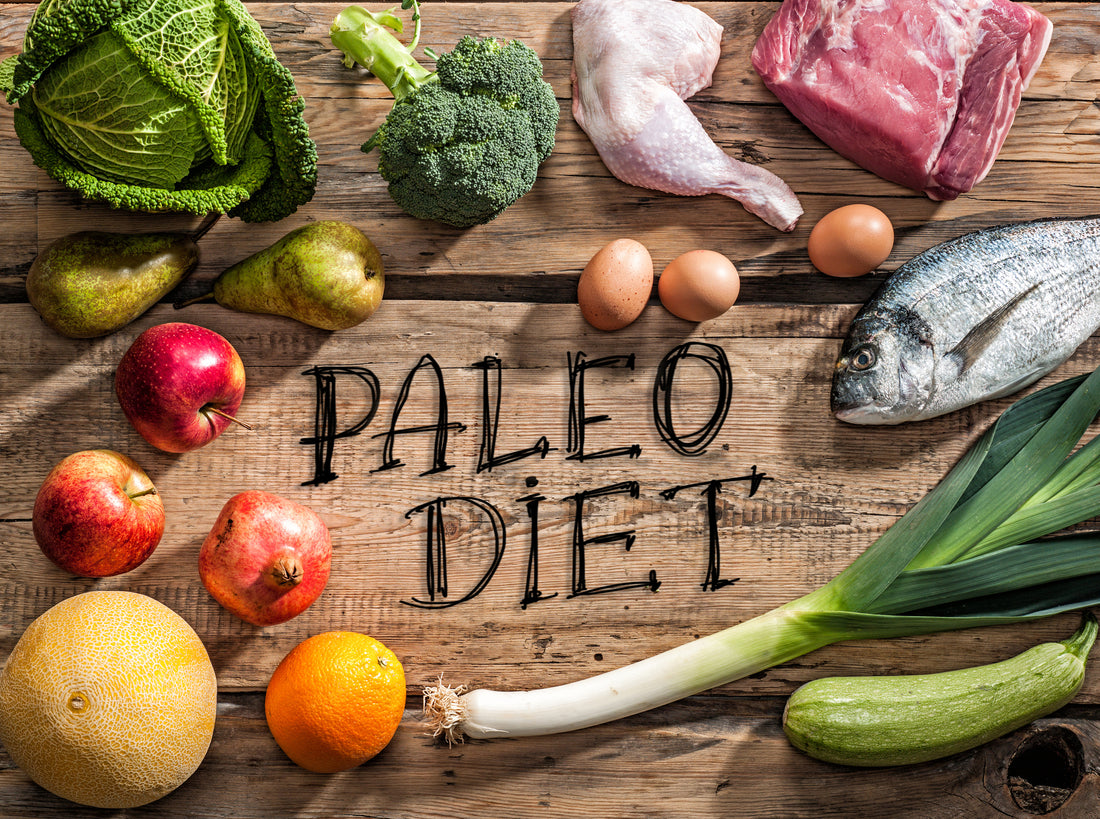Step back in time and discover the primal power of the paleo diet. In this blog post, we will embark on a journey to explore the principles, benefits, and controversies surrounding the paleo diet, also known as the caveman or Stone Age diet. Get ready to delve into the ancestral roots of our eating habits and uncover the nourishing potential of whole foods, including meat, fish, fruits, vegetables, nuts, and seeds.
The Origins of the Paleo Diet
The paleo diet is inspired by the eating patterns of our ancient ancestors during the Paleolithic Period, roughly 2.6 million to 10,000 years ago. It focuses on consuming foods that early humans would have hunted, gathered, and foraged, before the advent of modern agriculture and processed foods. The philosophy behind the paleo diet is based on the idea that our bodies are better adapted to the foods consumed during this era.
The Primal Principles of the Paleo Diet
At its core, the paleo diet encourages the consumption of whole, unprocessed foods. This includes lean meats, fish, poultry, fruits, vegetables, eggs, seeds, and nuts. The diet avoids grains, legumes, dairy products, refined sugars, and processed foods. By eliminating these modern additions from our plates, the paleo diet aims to reduce potential sources of inflammation and provide a nutrient-dense eating plan that aligns with our genetic heritage.
Unveiling the Health Benefits
Advocates of the paleo diet suggest that returning to our ancestral eating patterns can lead to various health benefits. By focusing on whole foods and avoiding processed ingredients, the paleo diet may support weight loss, stabilize blood sugar levels, and improve overall metabolic health. Additionally, the diet's emphasis on lean proteins, fruits, and vegetables provides a rich source of vitamins, minerals, and antioxidants.
Controversies and Considerations
While the paleo diet has gained popularity, it is not without its controversies. Critics argue that the strict restrictions on grains and legumes may lead to potential nutrient deficiencies or imbalances. It's important to note that the paleo diet may not be suitable for everyone, and individual needs should be considered. Consulting with a healthcare professional or registered dietitian can help ensure a balanced approach to nutrition.
The paleo diet offers a unique perspective on nutrition, taking us back to our primal roots and embracing the power of whole, unprocessed foods. By focusing on lean proteins, fruits, vegetables, nuts, and seeds, we can tap into the potential health benefits of this ancestral eating approach. As with any dietary choice, it's important to consider individual needs and consult with professionals to tailor the paleo diet to suit your unique lifestyle and goals. Embrace your inner caveman and explore the nourishing possibilities of the paleo diet.
Keywords: paleo diet, ancestral eating, caveman diet, Stone Age diet, whole foods, meat, fish, fruits, vegetables, nuts, seeds




